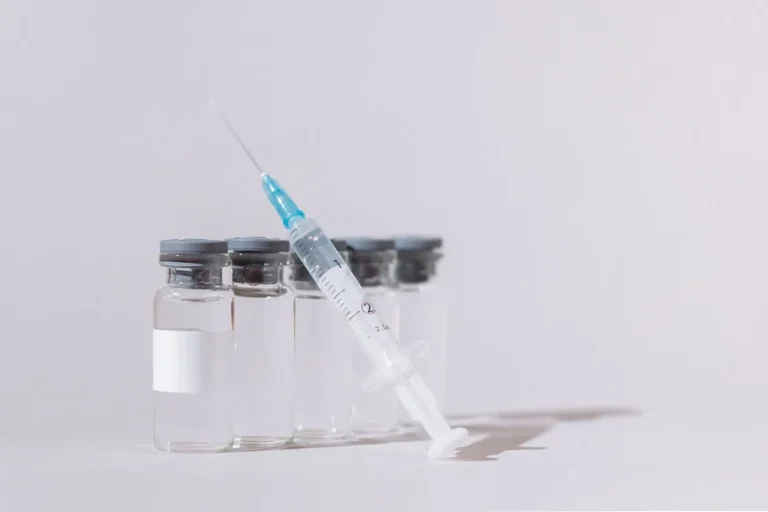ViiV Healthcare, the global specialist HIV company majority-owned by GSK, with Pfizer and Shionogi as shareholders, announced new data from the phase I CLARITY open-label crossover study, highlighting significant differences in injection site reaction (ISR) acceptability and overall tolerability between cabotegravir long-acting (CAB LA) and lenacapavir (LEN) injections. The findings, presented at the 20th European AIDS Conference (EACS) in Paris, France, demonstrate strong preferences among both HIV-negative adults and healthcare providers (HCPs) for CAB LA injections after a single dose.
The study showed that 69% of HIV-negative participants rated CAB LA injections as “totally or very acceptable,” compared to 48% for LEN injections, representing a statistically significant difference in post hoc analysis (p=0.019). Furthermore, 90% of participants and 86% of HCPs preferred CAB LA over LEN injections. The data also highlighted that ISR events were more frequent and visibly pronounced with LEN compared to CAB LA.
Expert Perspective on Long-Acting HIV Therapies
“Long-acting innovations will play a critical role in advancing the global response to HIV and AIDS,” said Jean van Wyk, MBChB, MFPM, Chief Medical Officer at ViiV Healthcare. “Understanding potential differences in acceptability and tolerability of injectable options is essential for informed decision-making. The CLARITY study demonstrated that after a single dose of each treatment, more individuals and healthcare professionals preferred cabotegravir over lenacapavir injections. These early findings provide valuable insights that can help empower individuals and their healthcare providers to make choices that best fit their needs.”
Study Design and Methodology
The CLARITY study enrolled 63 HIV-negative adults, randomized to receive one therapy on Day 1 and the other on Day 15 in an open-label crossover design. Participants received either CAB LA as a single intramuscular injection or LEN as two subcutaneous injections.
The primary endpoint was the acceptability of local injection site reactions measured seven days after each injection. The results highlighted clinically relevant differences: 69% of participants found CAB LA injections “totally or very acceptable,” compared to 48% for LEN injections.
Participant and Healthcare Provider Preferences
Participant Preferences:
- 90% (n=54/60) preferred CAB LA, citing:
- Less pain during injection (n=40/54)
- Reduced soreness after injection (n=33/54)
- Shorter duration of nodules or swelling (n=31/54)
- Smaller size of nodules or swelling (n=30/54)
- Only 10% preferred LEN, noting:
- Less post-injection soreness (n=5/6)
- Shorter duration of swelling or nodules (n=3/6)
- Smaller nodules/swelling (n=3/6)
- Fewer side effects (n=3/6)
Healthcare Provider Preferences:
- 86% of HCPs (6/7) preferred CAB LA due to:
- Fewer reported side effects (5/6)
- Less severe side effects (4/6)
- Less injection pain (4/6)
- One HCP preferred LEN for ease of injection preparation.
Injection Site Reaction Findings
A total of 124 LEN injections and 61 CAB injections were administered in the study. Three participants received only one dose for non-drug-related reasons. Key findings include:
- ISR events were 4.4 times more frequent with LEN (n=538) than CAB LA (n=123).
- Visible ISRs occurred in 221 participants with LEN vs 36 with CAB LA.
- Pain was the most commonly reported ISR for both therapies: 82% with LEN and 80% with CAB LA (Relative Risk [RR] 0.98 [0.82, 1.16]).
Notable differences in ISR characteristics included:
- Induration: 87% with LEN vs 18% with CAB LA (RR 0.21 [0.12, 0.36])
- Nodules: 74% vs 33% (RR 0.44 [0.30, 0.65])
- Erythema: 57% vs 12% (RR 0.20 [0.10, 0.42])
- Swelling: 58% vs 34% (RR 0.59 [0.40, 0.89])
No serious adverse events or discontinuations due to drug-related adverse events were reported.
Implications for Long-Acting HIV Therapy
These findings emphasize the importance of individual choice and informed decision-making in the selection of long-acting injectable HIV therapies. Patient comfort, ISR tolerability, and HCP preferences are critical factors in adherence and overall satisfaction with long-acting regimens.
“Long-acting injectables are transforming HIV prevention and treatment, offering flexibility and convenience,” added van Wyk. “Data from CLARITY highlight meaningful differences that could influence patient and provider decisions when selecting between cabotegravir and lenacapavir.”
Next Steps
ViiV Healthcare plans to present further analyses and additional results from the CLARITY study at upcoming medical conferences. The company continues to evaluate long-acting therapies as part of its mission to expand HIV prevention and treatment options globally.
The CLARITY study contributes to the growing body of evidence supporting the acceptability, tolerability, and preference of long-acting injectables, providing critical insights for healthcare providers and HIV-negative individuals considering these innovative treatment options.
About Apretude (cabotegravir long acting)
Apretude is a medicine used for preventing sexually transmitted HIV-1 infection (pre-exposure prophylaxis or PrEP) in adults and adolescents weighing at least 35 kg who are at high risk of being infected. It should be used in combination with safer sex practices, such as using condoms. Apretude contains the active substance cabotegravir.



